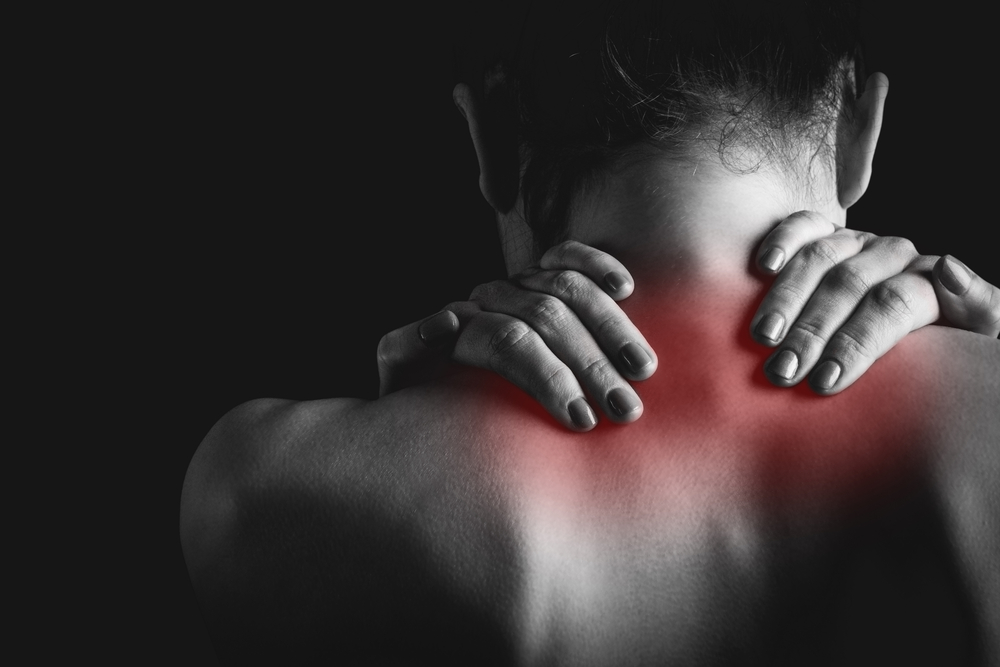
Since childhood, we have all been told the benefits of good posture, sitting up straight, no slouching, shoulders back. Sadly, the body behaves subconsciously with no inclination to the brain’s preferences. That usually means rounded shoulders with a hunched back and a less than engaged core.
Some people engage in strengthening exercises to adopt adequate postural habits. At the same time, others choose tools like posture correctors meant to help you realize when you slip away from the ideal positioning. Find out if the devices work at https://www.hss.edu/article_do-posture-correctors-work.asp.
A combination of tools and a robust fitness regimen will be most beneficial for supporting the neck and back. Let us check out what you should look for when searching for adequate devices.
How To Select Among the Ideal Posture Correctors for Back and Neck Support
It can be challenging to always keep posture in line. People often forget when they are concentrating on a project or busy at work and subconsciously lapse into harmful positions that contort the neck and back, risking damages over time.
To practice good posture, individuals will often participate in fitness regimens that focus on strengthening, especially the core. With greater strength, the body naturally wants to sit taller and retain that pose without drooping when the brain is distracted.
Another approach is posture correctors, for which there are vast options. When used simultaneously with a fitness regimen, these have the potential to cue users when the body falls into a slump. But how do you know what to look for when searching for a device? See the qualities the ideal corrector will have here.
● Keeps the muscles active
Bracing the spine can either be beneficial or harmful, depending on support. If the spine retains a position where it cannot be flexible, the muscle will become lazy. A soft brace encourages flexibility and reminds you that you need to maintain the back, neck, shoulders, and core in an upright, tall position.
● Effective
The 10inprogress postural corrector should focus on specific areas, most notably the neck and back, to increase the overall effectiveness of the support. When the support cues the neck and back to stay straight and upright, there will be no slouching or drooping regardless of the time and attention the brain pays to the effort.
● Comfortability
No one will find a posture corrector with the effort if it causes any discomfort when wearing the device. Regardless of how effective it might be as a tool; it will prove useless if there is no desire to put it on. Essentially, the softer the brace, the more active the muscles, allowing for greater flexibility.
In turn, flexibility creates more effectiveness since there is less likelihood for atrophy. Plus, the fact that the device is soft and comfortable makes it something people want to wear.
● User-friendly
No one wants to rely on other people to help them put their support on or take it off. The device must be user-friendly, meaning easy on-easy off and simple for tension adjustment. A user should also have the option of wearing the brace either under or over clothing interchangeably as preferred.
There are varied options meant to meet specific needs and support for the whole upper body, lower back, or neck. It is essential to choose one to focus on that area needing the most significant support for you to receive an effective result.
Final Thought
Straining of the neck and back plus varied injuries can result from poor posture, not to mention frequent headaches. Many people focus their fitness regimen on strengthening and postural-awareness exercises. Go here for guidance on fitness and posture.
Plus, individuals can seek tools like posture corrector devices for those moments when we tend to slouch and forget to give importance to our posture. The tools mean to send an alert to the brain when the body falls into a poor position so the user can realign.
There are many styles available for various areas of support. The best way to find an ideal option is to search for specific qualities and features, as discussed here. As far as brand, that is a matter of personal preference, something each person will need to determine individually, a subjective decision.







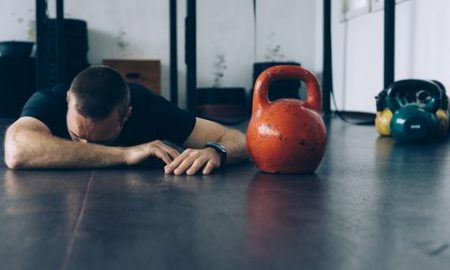






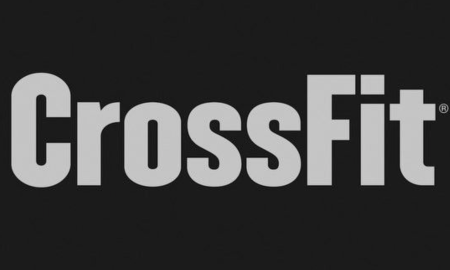
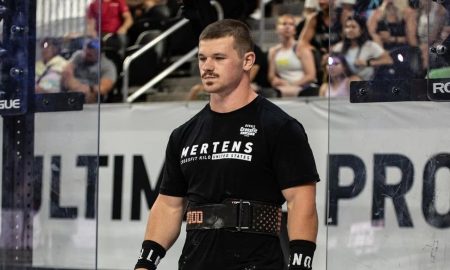
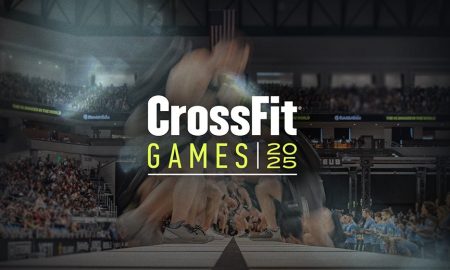
Follow Us